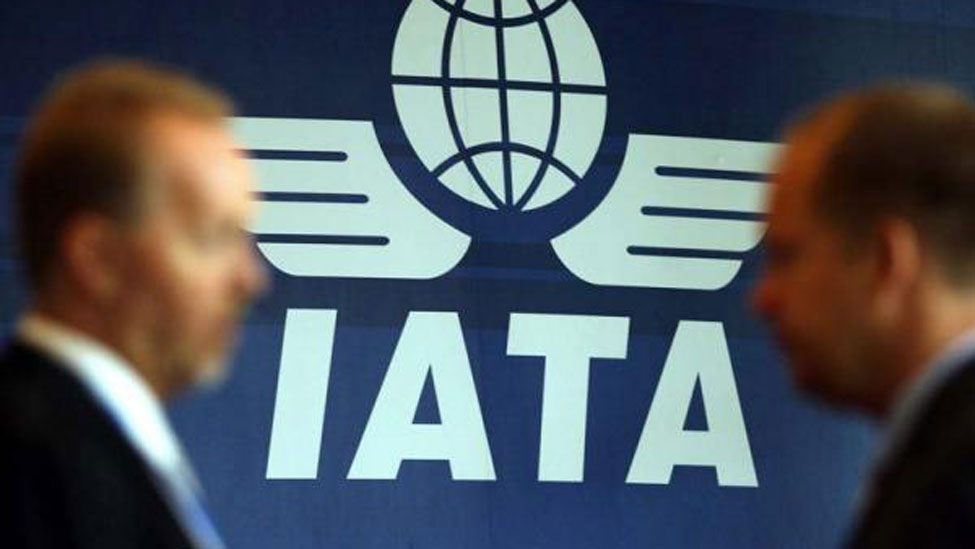
IATA: The impact of government reactions to the Omicron variant is a concern

The International Air Transport Association (IATA) released October 2021 data for global air cargo markets showing that demand continued to be well above pre-crisis levels and that the capacity constraints have eased slightly.
As comparisons between 2021 and 2020 monthly results are distorted by the extraordinary impact of COVID-19, unless otherwise noted, all comparisons below are to October 2019 which followed a normal demand pattern.
- Global demand, measured in cargo tonne-kilometers (CTKs*), was up 9.4% compared to October 2019 (10.4% for international operations).
- Capacity constraints have eased slightly but remain 7.2% below pre-COVID-19 levels (October 2019) (-8.0% for international operations).
Economic conditions continue to support air cargo growth but are slightly weaker than in the previous months. Several factors should be noted:
- Supply chain disruptions and the resulting delivery delays have led to long supplier delivery times. This typically results in manufacturers using air transport, which is quicker, to recover time lost during the production process. The global Supplier Delivery Time Purchasing Managers Index (PMI) reached an all-time low of 34.8 in October; values below 50 are favorable for air cargo.
- Relevant components of the October PMIs (new export orders and manufacturing output) have been in a gradual slowdown since May but remain in favorable territory.
- The inventory-to-sales ratio remains low ahead of the peak year-end retail events such as Christmas. This is positive for air cargo as manufacturers turn to air cargo to rapidly meet demand.
- Global goods trade and industrial production remain above pre-crisis levels.
- The cost-competitiveness of air cargo relative to that of container shipping remains favorable.
“October data reflected an overall positive outlook for air cargo. Supply chain congestion continued to push manufacturers towards the speed of air cargo. Demand was up 9.4% in October compared to pre-crisis levels. And capacity constraints were slowly resolving as more passenger travel meant more belly capacity for air cargo. The impact of government reactions to the Omicron variant is a concern. If it dampens travel demand, capacity issues will become more acute. After almost two years of COVID-19, governments have the experience and tools to make better data-driven decisions than the mostly knee-jerk reactions to restrict travel that we have seen to date. Restrictions will not stop the spread of Omicron. Along with urgently reversing these policy mistakes, the focus of governments should be squarely on ensuring the integrity of supply chains and increasing the distribution of vaccines,” said Willie Walsh, IATA’s Director General.












